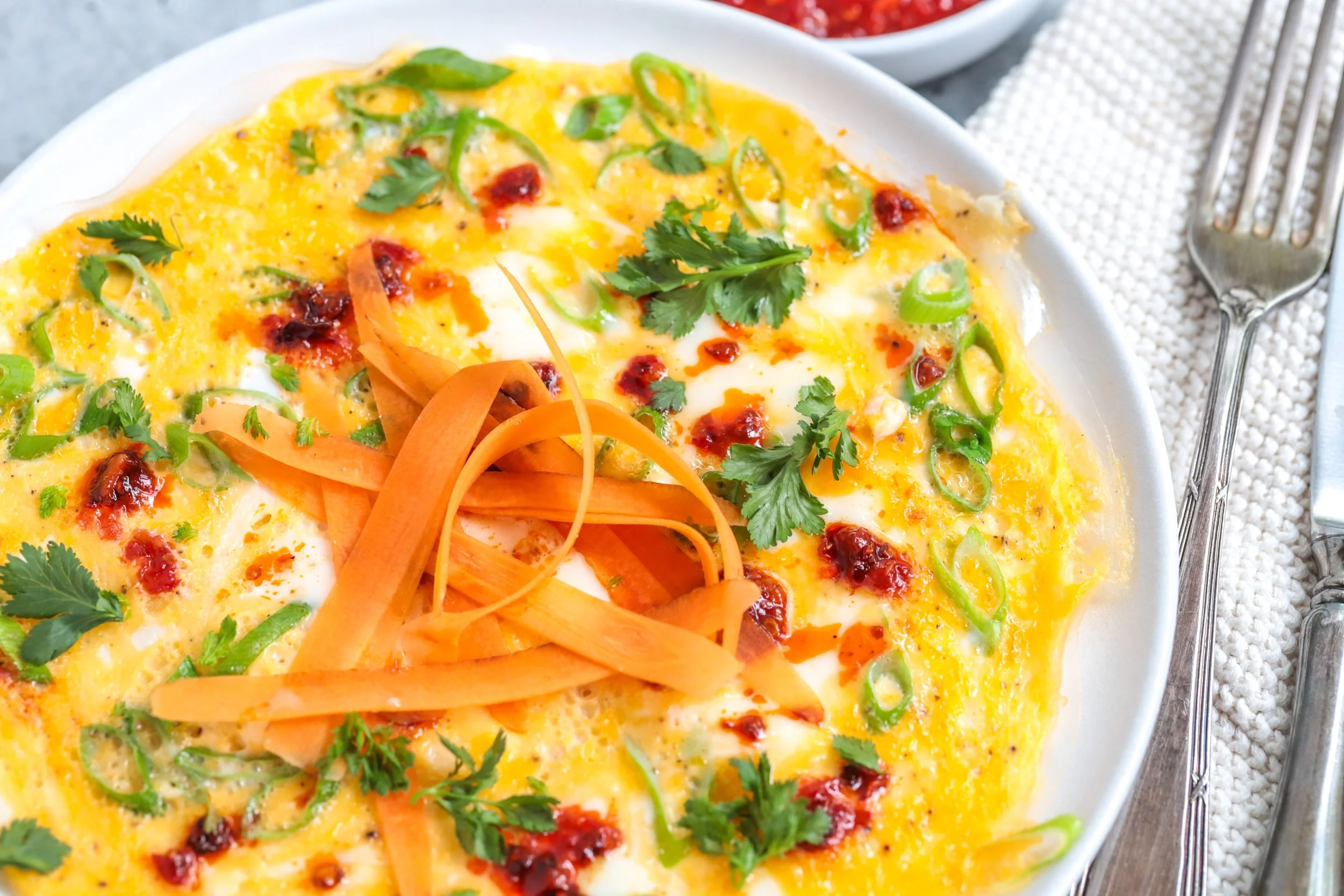A Formula for Making the Perfect Salad Every Time
When someone mentions the idea of having a salad for lunch or dinner, your first reaction may not be excitement. You know salads are "healthy," but you seem to never feel satisfied after eating them. I have great news - salads can be incredibly filling and packed with interesting, delicious flavors. The perfect salad should contain a balance of micronutrients and macronutrients. This will keep you satisfied for a long time and will provide you will all the essential nutrients that you need.
1. Carbohydrates (Fiber!)
While carbs might make you think of bread, pasta, and pizza, this macronutrient contributes a lot to your salad as well. Fiber is a component of carbohydrates that your body is unable to break down and absorb. It is broken down by the bacteria in your digestive system, meaning that this carbohydrate won't increase your blood sugar levels. Salads are loaded with fiber. Dark, leafy greens such as lettuce, kale, and spinach are the very base of your salad, and these veggies contain a lot of fiber!
2. Healthy Fats
This is the part that will keep you full for a long time. Fats will also help you focus, as they play an essential role in fueling the brain. They also keep your skin looking bright and youthful and are important for hormone production and balance. If you skip the healthy fats, you'll end up with a sad salad! Add some avocado, olives, or salmon to your salad to really make it a satisfying meal. You should also toss your salad with olive oil and top it with crunchy nuts at the very end to add an additional source of healthy fats.
3. Protein
Proteins break down into amino acids, which are the building blocks of most molecules in your body! Add a source of lean protein to your salad, such as chicken breast, tofu, fish, chickpeas, or beans.
4. Probiotics
You've already added your prebiotics (fiber) which will feed the healthy bacteria, but now it's time to make your salad extra nutritious by adding the healthy bacteria itself. Probiotics are found in all fermented foods, such as kimchi and even pickles. You can also make a kefir dressing to add some extra good bacteria.
5. Extra Toppings
This is the fun part—add whichever toppings you like! Play with textures and flavors, such as adding crunchy nuts and seeds, chewy dried fruit, or freshly chopped herbs. Instead of adding cheese, which can be high in fat and might trigger intolerances in some individuals, try adding some nutritional yeast. It has a very similar taste and contains lots of essential vitamins!
6. Dressing
No salad is complete without dressing, but this is often where store-bought salads go from being healthy to unhealthy. As previously mentioned, add olive oil to your dressing for some extra healthy fats. Lemon, apple cider vinegar, and tahini are also great and healthy liquid bases for your dressing. Finish it off with some sea salt and pepper, and you have yourself a substantial meal.











